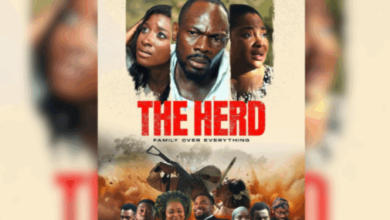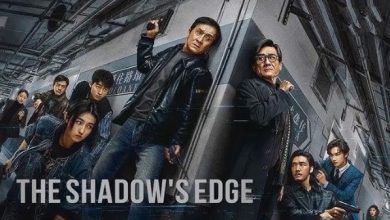Tems Suprises Fans With The Release Of Her New EP ‘Love Is A Kingdom’

Tems has surprised her fans with a brand-new EP titled Love Is a Kingdom, a seven-track release that blends the soulful, airy sound she’s known for with touches of Afrobeats and R&B.
The Nigerian singer dropped the project on November 21 without any hints or promotional build-up.
The EP runs for just under 20 minutes, features no guest artists, and was mostly written and produced by Tems herself under RCA Records. It’s a compact project that puts her voice, emotions, and creative range at the center.
A Look at Tems in 2025
Although Tems didn’t release much solo music this year, she still stayed active across the industry.
She appeared on Dave’s Raindance, joined Omah Lay on the remix of Ciza’s Isaka II, and landed a major international feature on Justin Bieber’s I Think You’re Special from his SWAG II album. She also showed up on Show Dem Camp’s You Get Me from their Afrika Magik project.
Outside the studio, she performed at Afropunk Brasil on November 9 and later appeared at GQ’s Men of the Year event in London. Even without a solo project until now, she continued to make her presence felt through features, live shows, and major appearances—making this new EP a welcome surprise for fans.
ALSO READ: Seyi Vibez Fuji Moto: A Vibrant New Album Blending Fuji And Global Hip-Hop
Looking Back: Born in the Wild
Her previous album, Born in the Wild, released in 2024, marked a turning point in her career. It earned strong reviews, commercial success, and a Grammy nomination for Best Global Music Album.
One of its standout singles, Love Me Jeje, won Best African Music Performance, further establishing her as one of the leading voices in African music.
That album showcased her unique ability to weave alt-R&B with Afrobeats, combining rich vocals, intimate songwriting, and thoughtful production. It also set high expectations for whatever came next.
Tem’s New EP: Love Is a Kingdom
With Love Is a Kingdom, Tems takes a personal and stripped-back approach. The EP leans heavily into her mellow, emotional style, offering listeners a short but immersive experience.
Reactions online began almost immediately. While a few people questioned the timing of the release due to events back home, most fans celebrated the new music and praised her for dropping it without warning.
The EP is now available on all major streaming platforms. With no features and no advance notice, Tems directs all attention to her voice and artistry, giving listeners a fresh project that stands on its own.
ALSO READ: Ciara, Oxlade, And MOLIY Drops New Afrobeats Single ‘Nice n’ Sweet’




